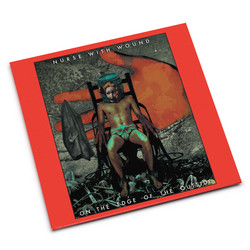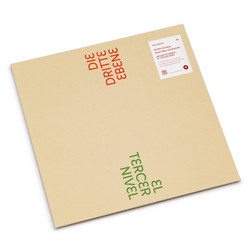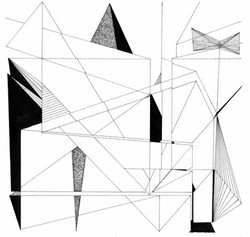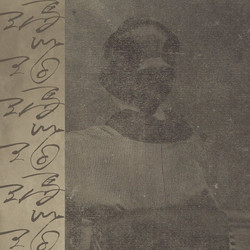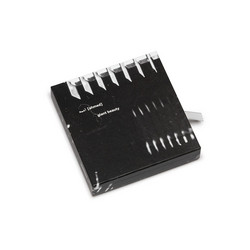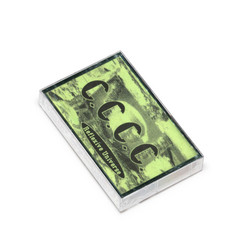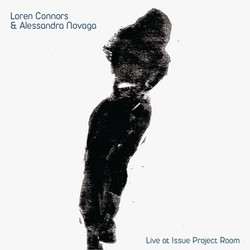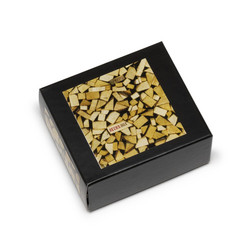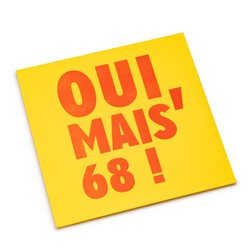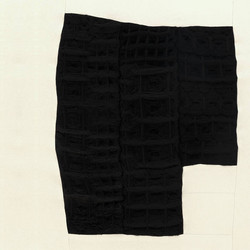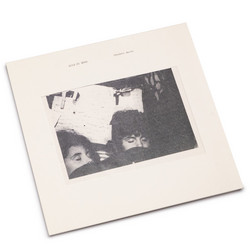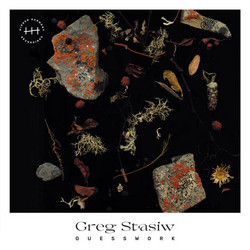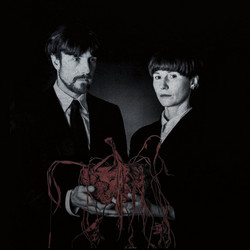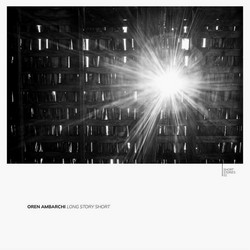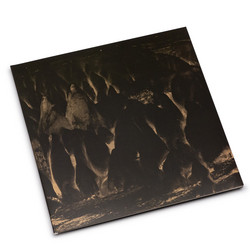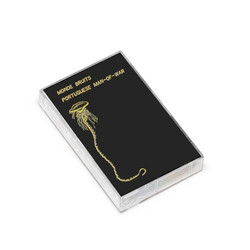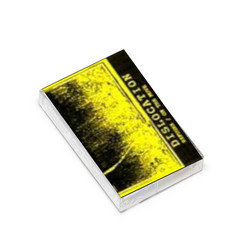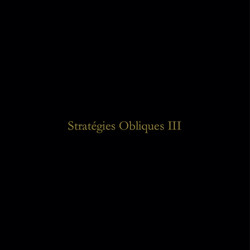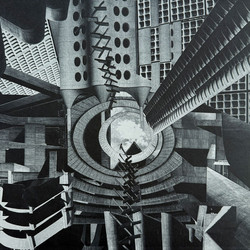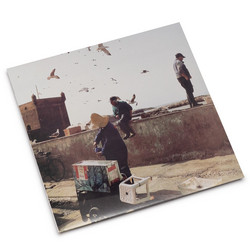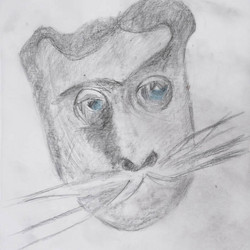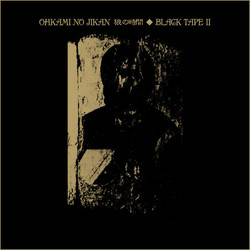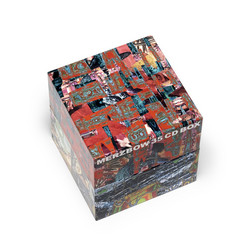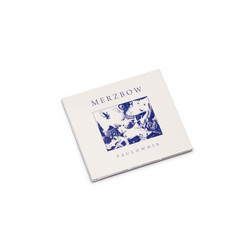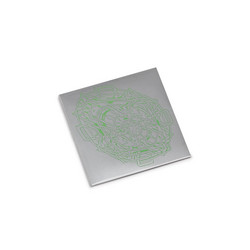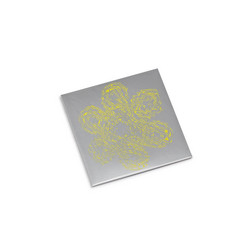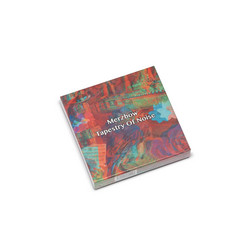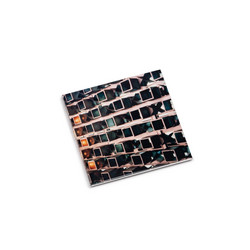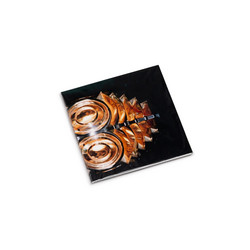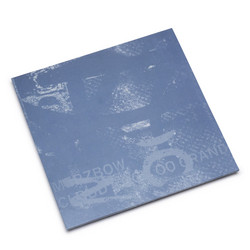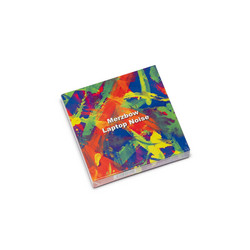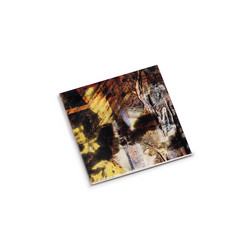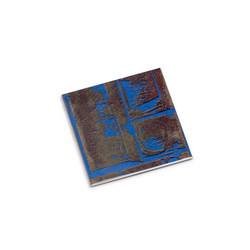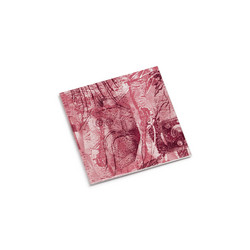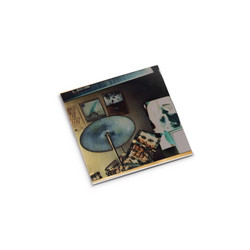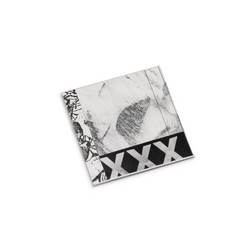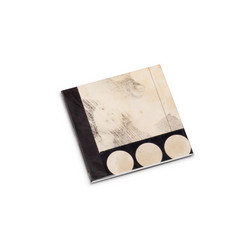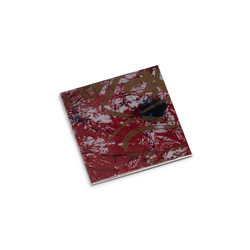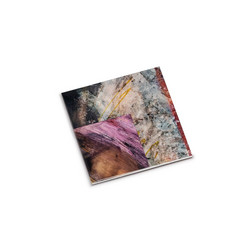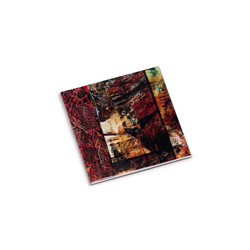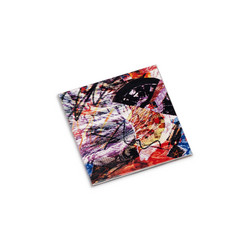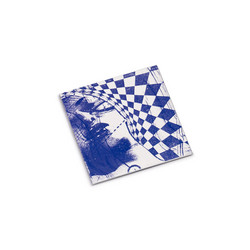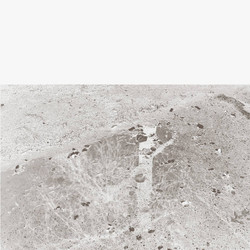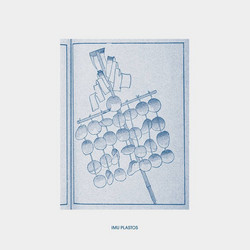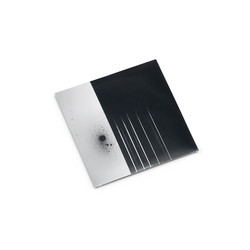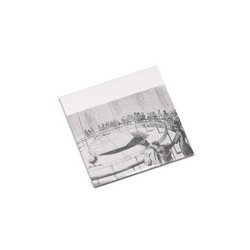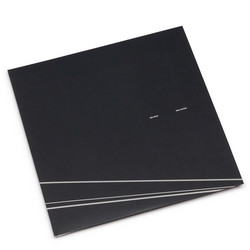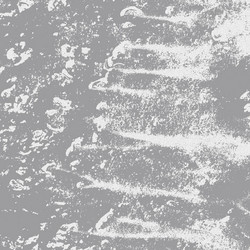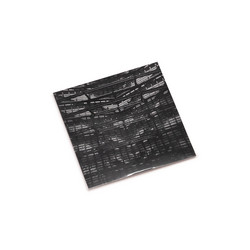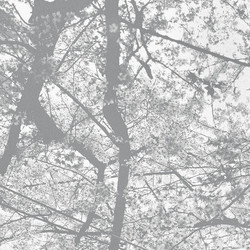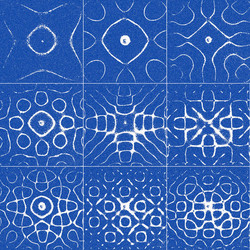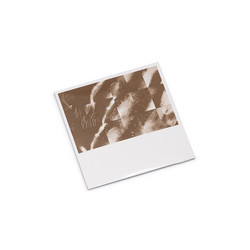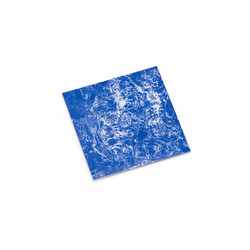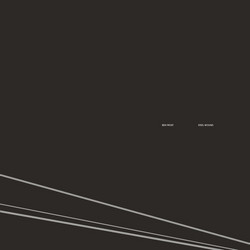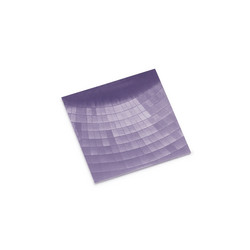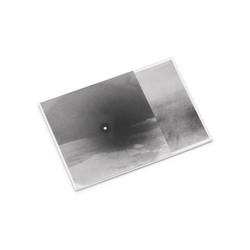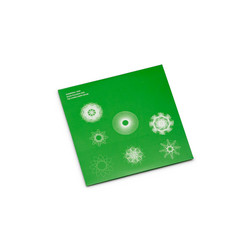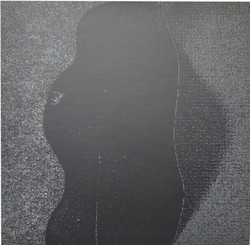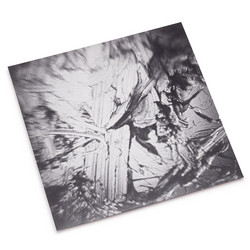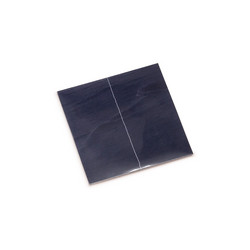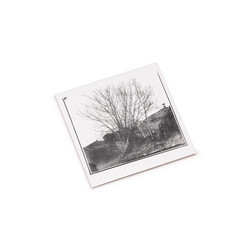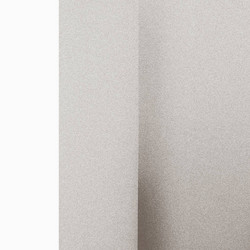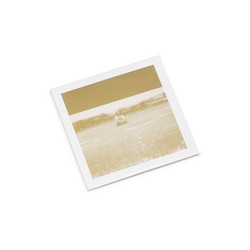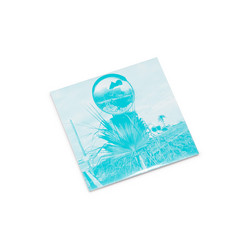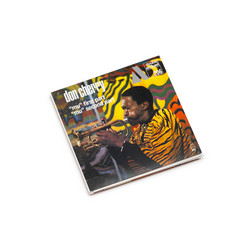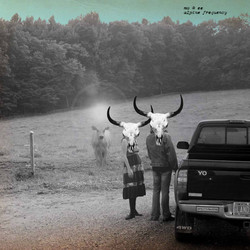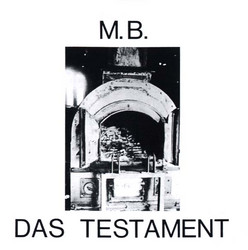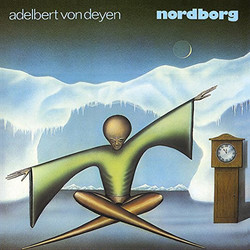** Matte laminate and embossed sleeve, monochrome print and includes a full colour collage fold out poster from Masami Akita ** Scandal collects together three newly unearthed and revised pieces from Merzbow recorded between 1992 and 1995. Each of the pieces here typifies work that sits at a nexus between the experimental cassette and electronic collisions of Masami Akita’s late 1980s works and the emergent noise language that resolved into a series of now legendary recordings completed during the mid 1990s. Scandal marks out a decidedly tandem path and acts as a critical linkage, forging the trajectory of Merzbow’s music across that decade. One critical aspect these recordings capture, in a very essential way, is the role that field recordings and tape manipulation play in his music. Throughout the 1980s, cassettes, tape editing and found sound played a significant role in the development of Merzbow’s sound.
On Tokyo Blue Sky, Merzbow collates a series of field recordings made around his home during a period of construction in his neighbourhood and merges these with sampled recordings from various ritual records. In these recordings are striking, hammered blasts that feel innately tied to the aggressive metal percussion work that was featured heavily on numerous live recordings during this time. They also maintain a sense of dynamic eruption that characterises the shifts between states of intense noise that are the core of Merzbow recording strategies. The editions final piece Evening Scandal was originally released in 1992 on RRR as part of their recycled music project; a project that sought to reuse thrown away cassettes, re-recording over them with various recordings including some of those heard here. Scandal bares the marks of its medium, tape wow and flutter flicker across various sections of this piece, revealing a tactile relationship with the medium. The version collected here is different to that which was released in 1992, this version being uninterrupted by the pop song from which it borrows its name. This piece, in moments, maintains a decidedly minimalist compositional form, using repeated single strikes as a means of creating a deep sense of unease and recurrent tension. It’s a technique later deployed with devastating ferocity later in the 1990s. This edition is also published with a special fold out poster featuring a previously unseen collage from Masami Akita.
